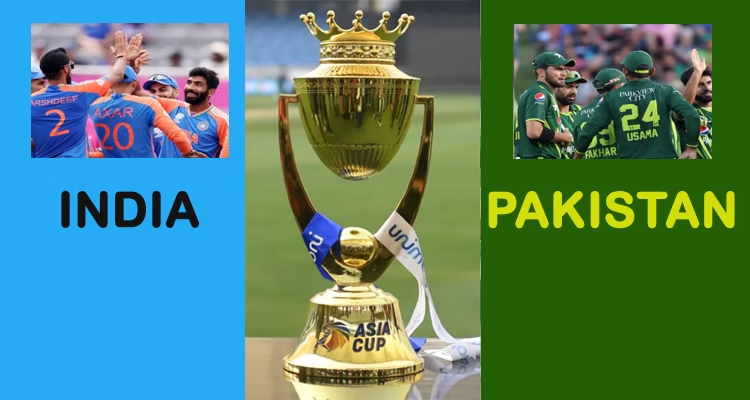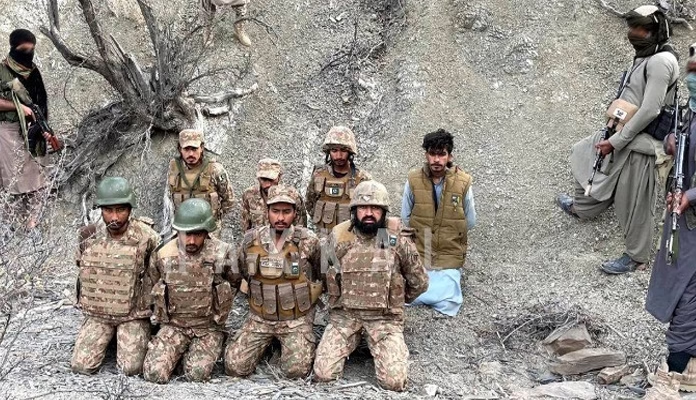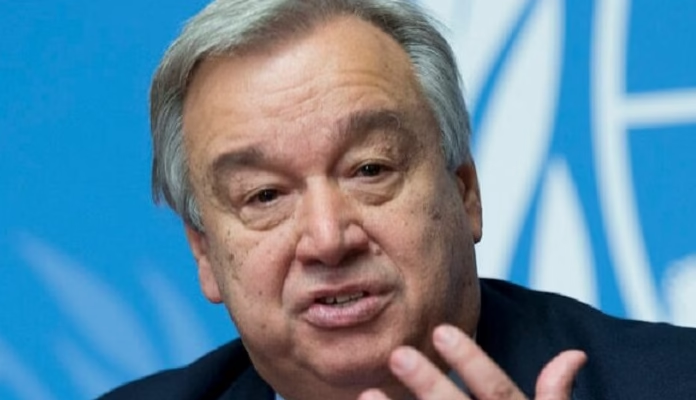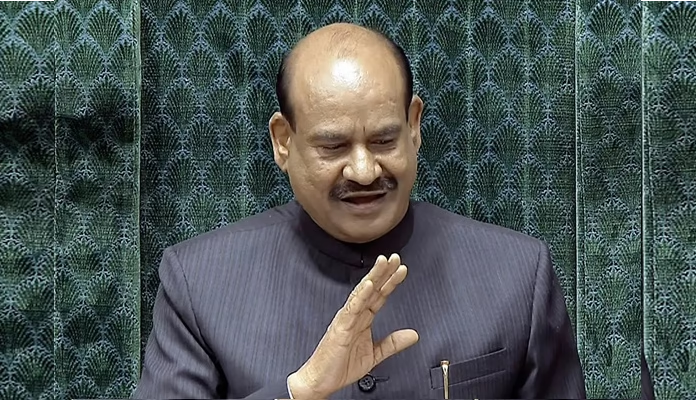
. Controversy Over India-Pakistan Asia Cup Match: Is Playing Cricket With an Enemy Justified?
 The India-Pakistan match in the 2025 Asia Cup, scheduled on September 14 at the Dubai International Cricket Stadium, has turned into more than just a sporting event; it has become an emotional and political debate. Usually, the announcement of this match brings excitement and enthusiasm across the country. Tickets sell out within hours, pubs and restaurants start booking large screens for live broadcasts, and people consider it a grand cricket festival. But this time, the scene is completely different. The pain of the Pahalgam attack and Operation Sindoor is still fresh, and the public is asking: when the blood of our soldiers and citizens hasn’t even dried, what justification is there to play cricket with an enemy country?
The India-Pakistan match in the 2025 Asia Cup, scheduled on September 14 at the Dubai International Cricket Stadium, has turned into more than just a sporting event; it has become an emotional and political debate. Usually, the announcement of this match brings excitement and enthusiasm across the country. Tickets sell out within hours, pubs and restaurants start booking large screens for live broadcasts, and people consider it a grand cricket festival. But this time, the scene is completely different. The pain of the Pahalgam attack and Operation Sindoor is still fresh, and the public is asking: when the blood of our soldiers and citizens hasn’t even dried, what justification is there to play cricket with an enemy country?
The terrorist attack in Pahalgam, Jammu and Kashmir, on April 22 shook the very soul of India. Four terrorists opened indiscriminate fire on tourists in the Baisaran Valley, asking for their religion before shooting them. In this brutal act, 26 innocent people lost their lives, including women, children, a Nepali citizen, and a Christian tourist. 22 others were injured. The terrorist organization ‘The Resistance Front’ (TRF), a branch of Lashkar-e-Taiba, claimed responsibility. Indian intelligence agencies confirmed that this was a Pakistan-sponsored attack. Prime Minister Narendra Modi immediately canceled his trip to Saudi Arabia and convened an emergency meeting, while Home Minister Amit Shah reviewed security measures. Following this, India closed the Attari-Wagah border, canceled Pakistani visas, and suspended the Indus Water Treaty. The attack was compared to the ‘Hamas pattern’ as it directly targeted innocent civilians.
The Pain of Pahalgam Attack and Operation Sindoor
The nation’s anger had not subsided when, in May, India launched retaliatory action called “Operation Sindoor.” The Indian Air Force, using Rafale jets, destroyed nine terrorist camps from Muzaffarabad and Kotli in Pakistan-occupied Kashmir to Bahawalpur in Pakistan with SCALP missiles. According to the Defense Ministry, around 100 terrorists and 130 Pakistani soldiers were killed. Pakistan retaliated with drone and missile attacks, resulting in the loss of 20 Indian soldiers. This was another severe shock for the nation. Defense Minister Rajnath Singh said India had delivered a befitting response, but the sacrifice of the martyrs deeply hurt the public.
Against this backdrop, the announcement of the India-Pakistan cricket match triggered public outrage. Hashtags like #BoycottPakCricket and #PahalgamAttack trended on Twitter, Facebook, and Instagram. People argued that staging a cricket match over the blood of martyrs was unacceptable. Protests were held against the BCCI in several places, and Pakistani flags were burned. SP leader S.T. Hasan in Moradabad said the insult to martyrs would not be tolerated. Former BJP MP Gautam Gambhir tweeted that no match should be played with Pakistan until terrorism stops. Sanjay Raut of Shiv Sena (UBT) called it an act of treason and criticized the BCCI, while Aditya Thackeray said playing cricket with Pakistan was like sprinkling salt on the wounds of martyrs’ families. Even left and right-wing parties, often at odds, united in opposing cricket with Pakistan.
Not only political parties but several prominent figures from the cricketing world also joined the debate. Former cricketer Harbhajan Singh clearly stated that the India-Pakistan match should not be held until relations normalize. He argued that when our soldiers have not returned home, playing cricket with Pakistan at such a time is an insult to national sentiment. Martyrs’ families echoed this sentiment. Shubham Dwivedi’s wife and father from Kanpur posted emotional messages on social media, demanding a complete boycott of Pakistan by the government and BCCI.
On the other hand, the government and BCCI have taken a different stance. In August 2025, the Sports Ministry clarified that there would be no bilateral series with Pakistan, but India’s participation in multi-nation tournaments like the Asia Cup would continue. BCCI Secretary Devjit Saikia also stated that the Indian government had not banned participation in multi-nation tournaments. Since the Asia Cup is organized under the Asian Cricket Council (ACC) and Pakistan refused to play in India, the match was scheduled in Dubai. BCCI officials themselves declined to go to Dubai, but the team will be sent. The question arises: when the government has suspended the Indus Water Treaty and sealed the border, why is cricket being treated as an exception?
Meanwhile, the matter also reached the Supreme Court. A social activist from Pune filed a petition seeking cancellation of the India-Pakistan match, claiming it disrespected the martyrs. However, the court refused an urgent hearing, saying it is merely a sport and emotions should not be mixed. This verdict further fueled public anger. People are questioning if cricket is “just a game,” why is it used as a platform for patriotism everywhere?
The controversy is also affecting the field off the pitch. Typically, India-Pakistan match tickets sell out within hours, but this time, half of the Dubai stadium tickets remain unsold. Restaurants and pubs have stopped advertising live screenings. An online poll by a reputed newspaper showed that 80% of people opposed playing cricket with Pakistan. This clearly indicates that the public is not ready to accept cricket as mere entertainment this time.
Some analysts argue that this match brings India over ₹7,000 crore in revenue and millions of viewers. Cricket is India’s soft power and could influence the 2036 Olympics hosting bid. But on the other hand, countries like the USA and Russia boycotted the Olympics during the Cold War and still became superpowers. India is on the path to becoming a $5 trillion economy; can the blood of martyrs be outweighed by cricket revenue?
Former Pakistan captain Shahid Afridi’s statements have added fuel to the fire, claiming India uses cricket for political purposes, which further inflamed Indian social media. Opposition parties accuse the government of only showing verbal nationalism against Pakistan, while practically giving leeway in cricket and other areas.
Now the question arises: when the Prime Minister himself has said, “Blood and water cannot flow together,” can blood and cricket flow together? Is the sacrifice of martyrs worth nothing more than social media tributes while the next moment we sit down to play bat-and-ball with the enemy?
On September 14, when Team India takes the field, players may focus on runs and wickets, but spectators’ eyes will not be just on cricket. They will also be watching whether any game is bigger than the sacrifice of martyrs. This match is not just a cricket contest between India and Pakistan, but also a test of the nation’s soul and honor.




